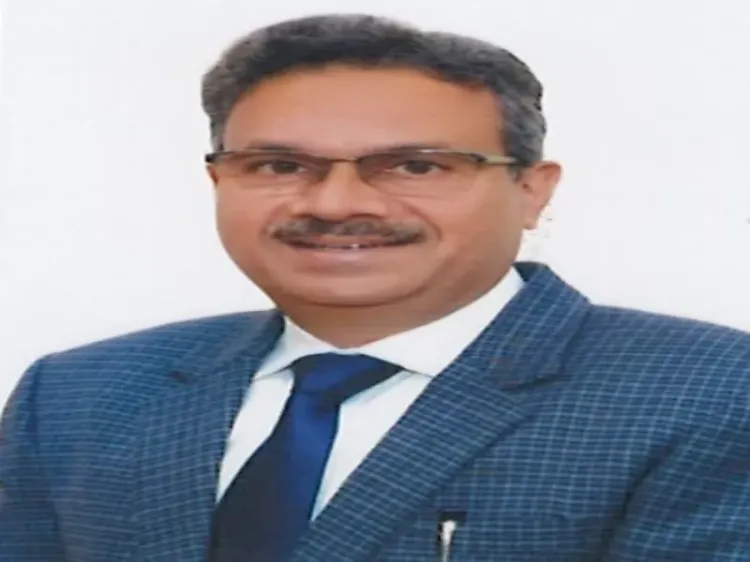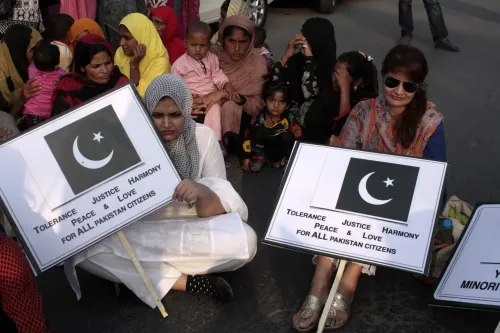Could Haryana Chief Secretary's Inter-Departmental Initiative Revitalize the Yamuna?

Synopsis
Key Takeaways
- Inter-departmental collaboration is essential for effective environmental management.
- Continuous monitoring of sewage treatment plants is crucial.
- Immediate action is needed for solid waste removal from riverbanks.
- Coordinated efforts will help prevent illegal waste disposal.
- Long-term STP projects are vital for sustainable water management.
Chandigarh, Oct 16 (NationPress) Haryana Chief Secretary Anurag Rastogi on Thursday accentuated the necessity for inter-departmental collaboration aimed at rigorous pollution control and ongoing efforts for the ecological health of the Yamuna river in anticipation of the Chhath Puja festival.
Leading a review meeting focused on implementing proactive measures for the thousands of devotees who will conduct rituals along the river and its tributaries, he highlighted the critical need for continuous monitoring of sewage treatment plants (STPs) and common effluent treatment plants (CETPs) throughout the river catchment area.
He instructed all Executive Engineers to directly oversee the operations of these facilities until October 28, ensuring that no malfunctions occur and that all systems function within established environmental regulations.
Junior Engineers and Sub-Divisional Engineers have been assigned for ongoing oversight, while the Haryana State Pollution Control Board (HSPCB) has been tasked with creating special flying squads for conducting surprise inspections during unconventional hours.
He directed officials to compile a comprehensive list of STPs and CETPs, including those under construction, and to draft a future action plan while ensuring strict compliance with project deadlines.
Chief Secretary Rastogi urged relevant departments to pinpoint industries that could potentially release pollutants into the river or its drains.
He mandated that any manipulation of operational or monitoring data be addressed immediately and decisively.
The Chief Secretary instructed the Urban Local Bodies Department and the Irrigation Department to promptly eliminate solid waste from drains and riverbanks.
Municipal Corporations have been directed to allocate adequate manpower and machinery to maintain cleanliness and accessibility of ghats and river stretches throughout the festive season.
For the upcoming 15 days, a coordinated enforcement initiative will be executed by the police, Municipal Corporations, Public Health Engineering Department, and Development and Panchayats divisions to thwart illegal sewage or tanker waste disposal into the river.
Rastogi also assessed the progress of STP projects underway in the catchment area. He mentioned that projects with a cumulative capacity of 107 million litres per day (MLD) are projected to be completed by March 2027.
During the meeting, it was disclosed that six irrigation projects utilizing treated wastewater are in progress at Behrampur, Kanheli, Karnal, Haikat Nagar, Shiv Colony, and Jattal Road in Panipat, collectively providing a treatment capacity of 158 MLD. These projects, costing around Rs 253 crore, are progressing steadily, with completion rates between 35 to 90 percent across various sites.









